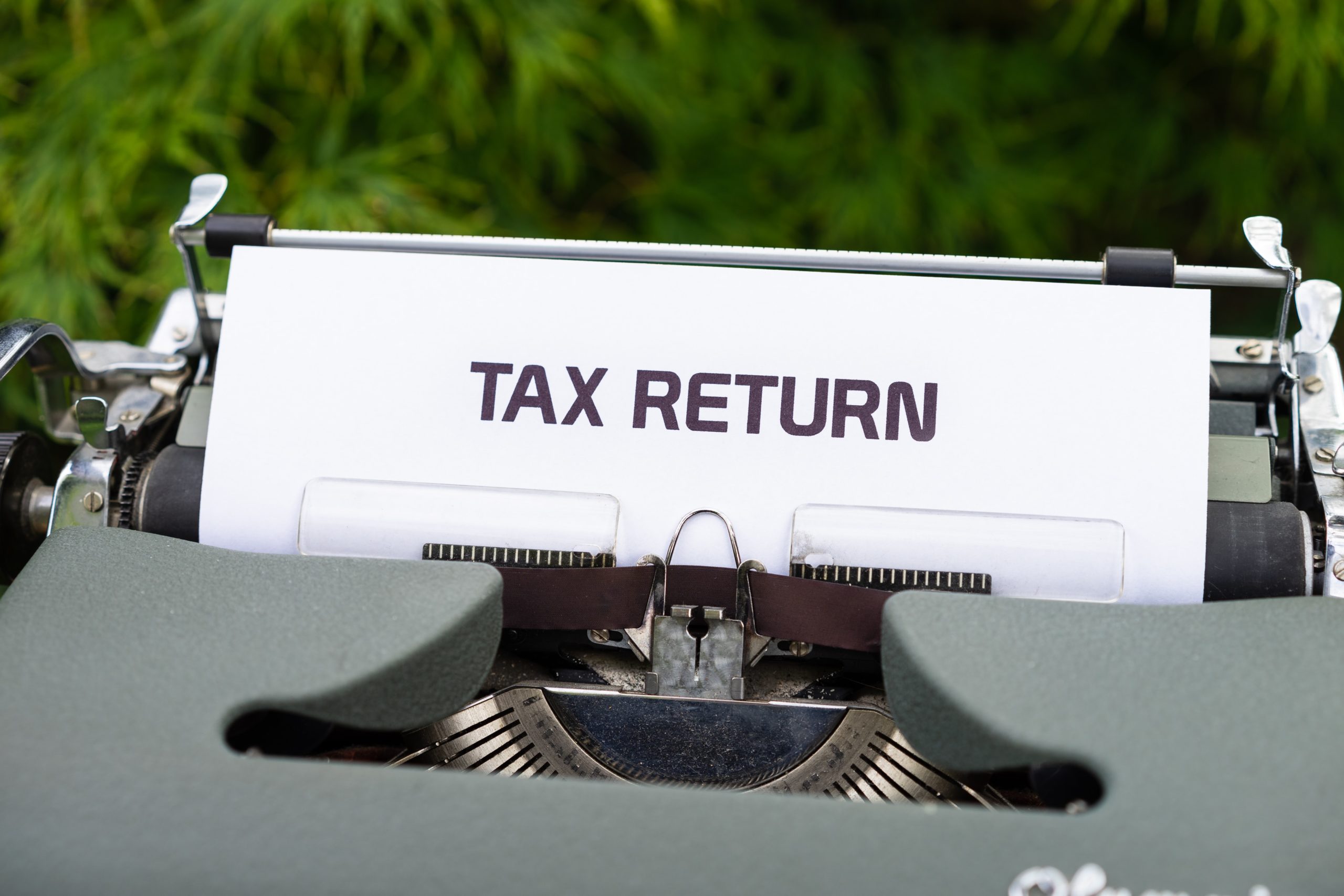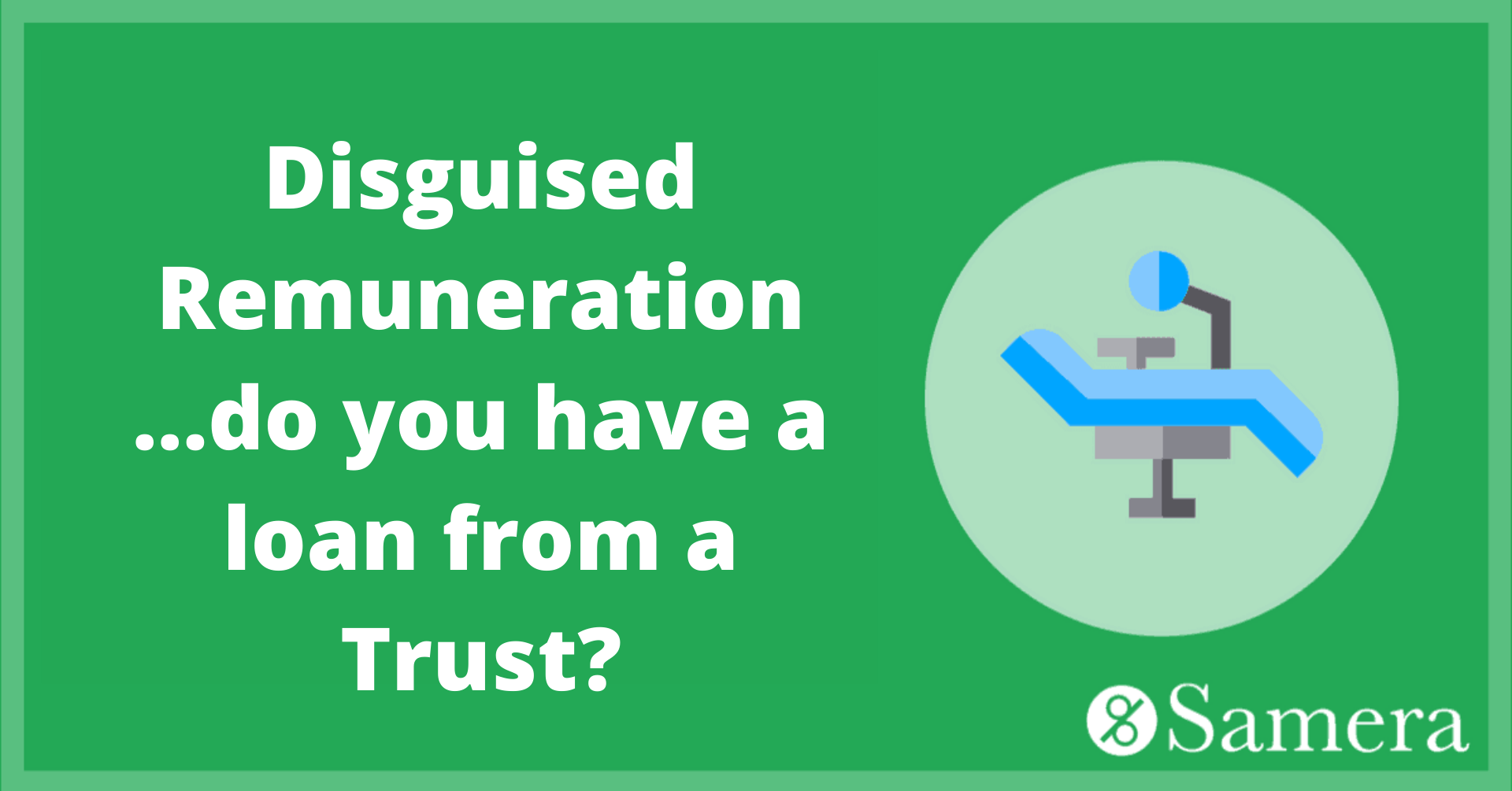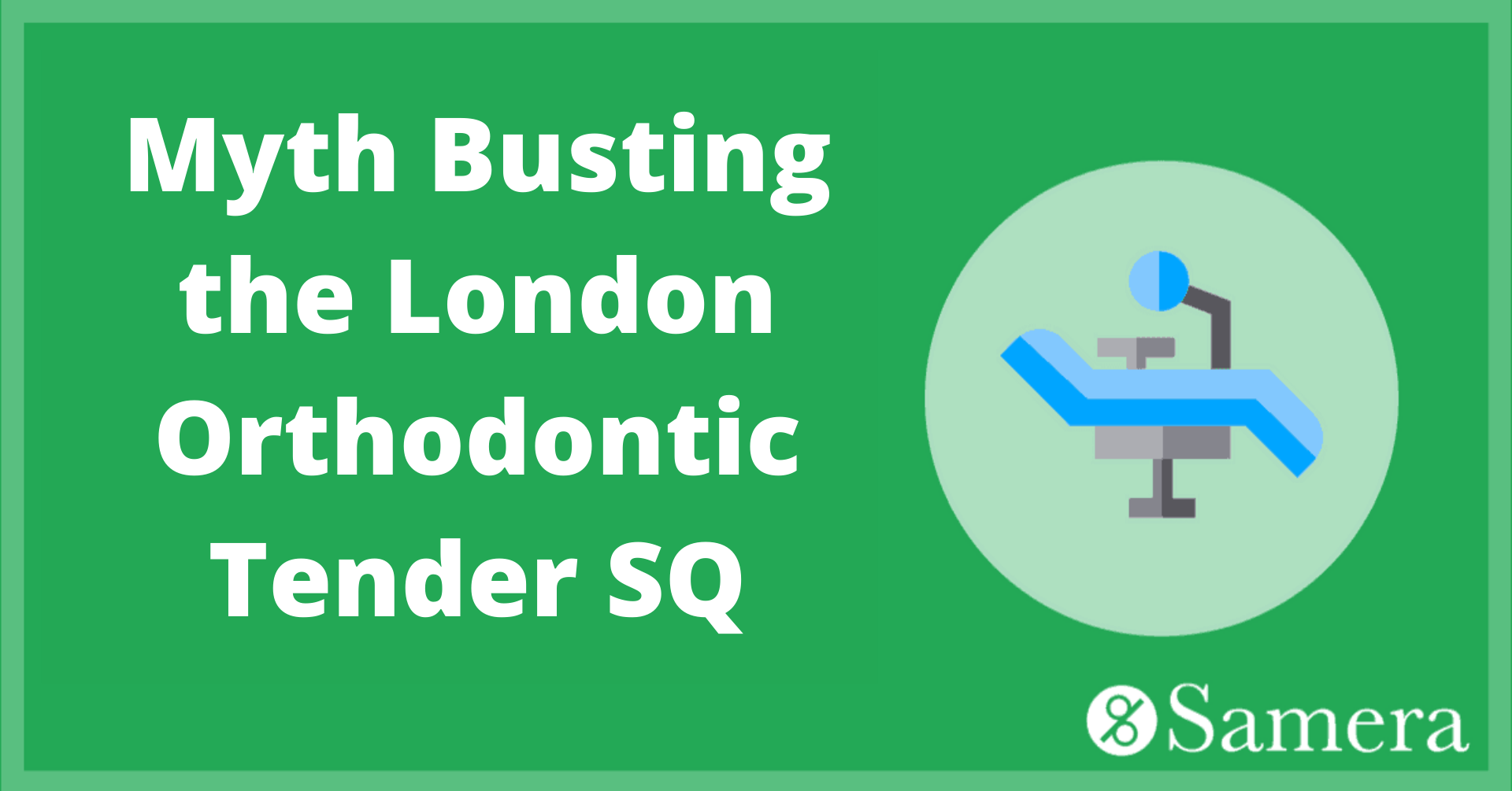Dentists and The Peril of Financial Avoidance
In the realm of dentistry, where precision, care, and attention to detail reign supreme, a parallel demand for financial diligence is often overlooked or evaded. Dentists, while dedicated to their craft, can sometimes find themselves navigating turbulent financial waters, especially when faced with challenges like escalating interest rates and mounting operational costs. However, the tendency to overlook or disregard cash flow issues could be likened to the age-old idiom of ‘burying one’s head in the sand,’ ultimately exacerbating problems rather than resolving them.
In recent times, the dental industry, like many others, has encountered the impact of higher interest rates. The ramifications of increased borrowing costs can significantly impede the financial stability of dental practices. Whether financing new equipment, expanding the clinic, or managing existing debts, the dentistry profession, like any small business, is vulnerable to the ebb and flow of interest rates. With each uptick, the strain on cash flow intensifies, making it crucial for dentists to proactively address these challenges.
Check out our article Have the interest rate peaked at 4?
Furthermore, operational expenses for dental practices continue to surge. From the cost of state-of-the-art equipment to escalating overheads and staffing expenses, dentists are facing an uphill battle to maintain profitability. The convergence of these factors requires a pragmatic and strategic approach to financial management, yet it’s not uncommon for some practitioners to avoid addressing these issues head-on.
The analogy of ‘burying one’s head in the sand’ encapsulates the perilous consequence of ignoring financial challenges. Instead of confronting the root causes of cash flow constraints, some dentists might adopt a passive stance, hoping the issues will resolve themselves. This approach, however, often leads to a snowball effect, exacerbating financial distress and limiting the ability to invest in the practice’s growth and development.
Check out our article on how should a dental practice organize its finances.
To mitigate these challenges, dentists must prioritize financial literacy and prudent fiscal planning. Implementing a comprehensive cash flow management strategy becomes imperative. This may involve reevaluating expenditures, renegotiating terms with suppliers, exploring alternative financing options, or seeking professional financial guidance tailored to the unique needs of a dental practice.
Moreover, embracing technological advancements and leveraging digital solutions can streamline administrative tasks, optimize operations, and potentially reduce costs. Embracing innovation not only enhances efficiency but also positions the practice for long-term sustainability in an evolving landscape.
Collaboration within the dental community can also be a valuable resource. Engaging in forums, networking events, or professional associations can provide insights, shared experiences, and innovative solutions to navigate financial challenges collectively.
Ultimately, acknowledging and actively addressing cash flow issues, particularly amidst rising interest rates and mounting costs, is pivotal for the financial health and longevity of dental practices. Evading or neglecting these challenges can lead to a deeper financial quagmire, hindering the ability to provide quality care and stifling the potential for growth and innovation within the profession.
In conclusion, dentists must resist the temptation to ignore cash flow issues and higher costs resulting from increased interest rates. By confronting these challenges head-on through prudent financial management, proactive strategies, and a willingness to adapt, dental practitioners can fortify their practices, ensuring sustained success amidst a dynamic and challenging economic environment.
Check out our article on 5 quick tips when buying a dental practice.
If you have concerns contact us at Samera and let us review your position and examine what can be done to assist.














